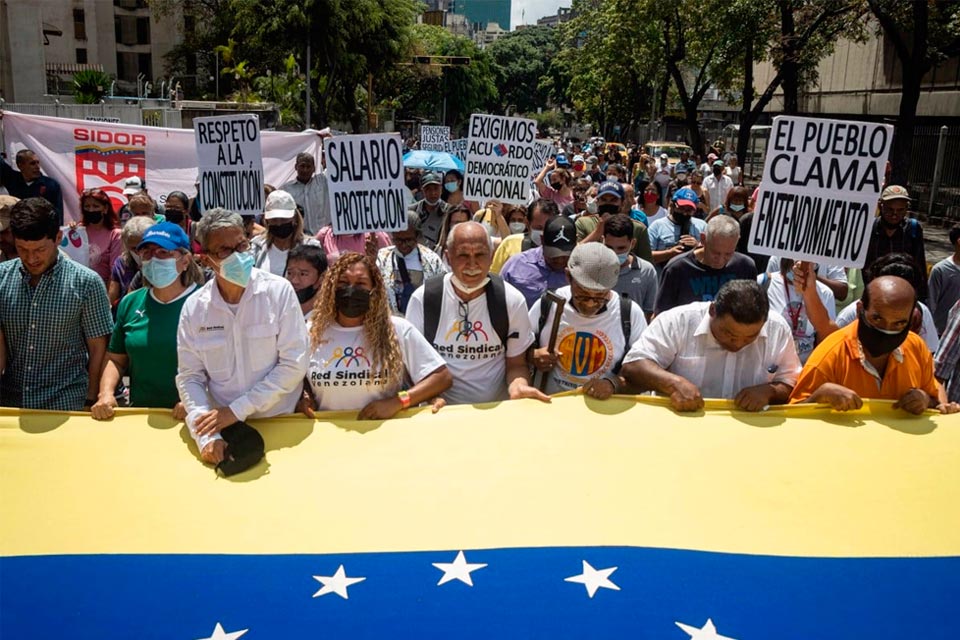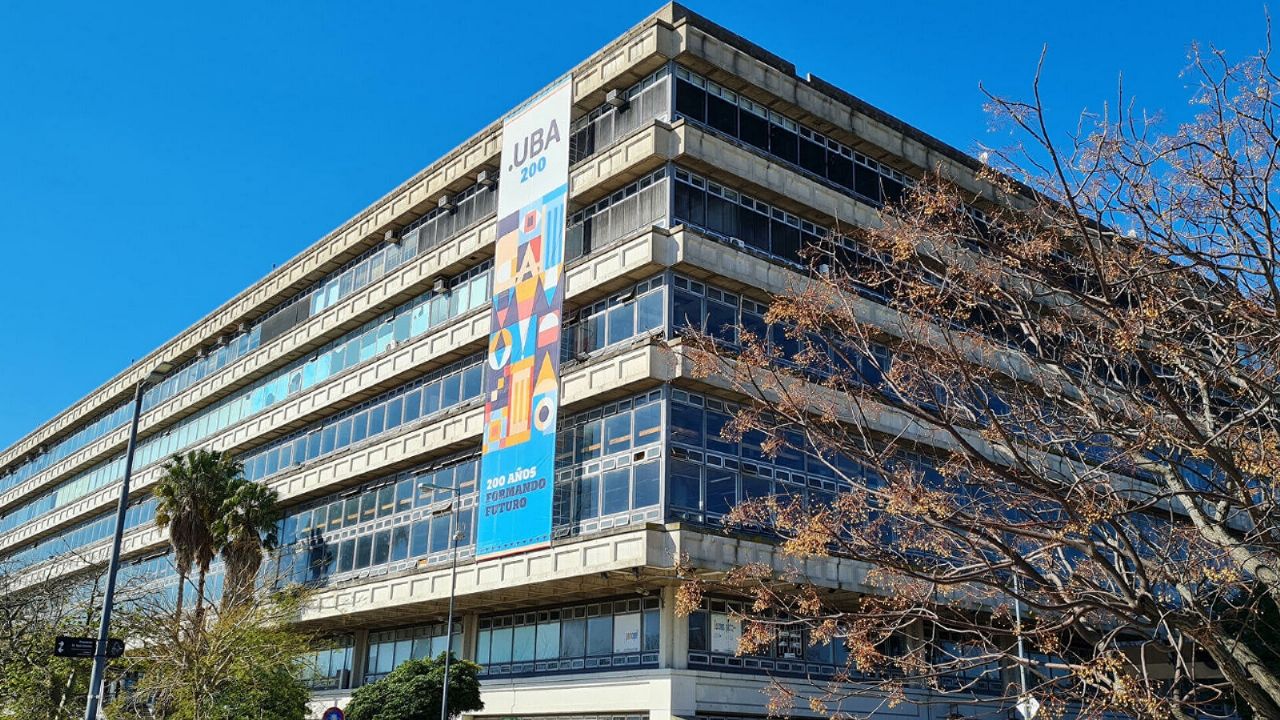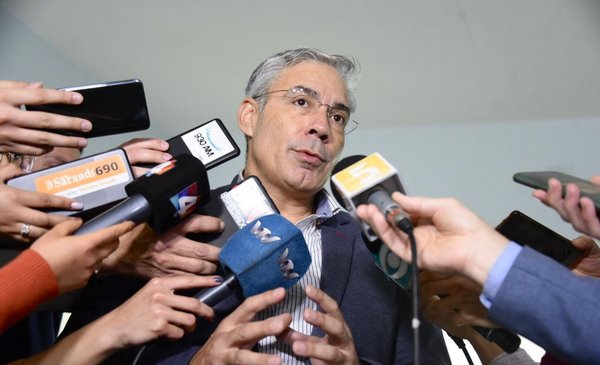The brain drain has complicated the administration of the directives in the unions, which do not see in the next panorama a generation of relief or youth that can generate social impact in the country, according to a survey by Inaesin
Through a survey of 53 union leaders, the Labor Conflict Observatory of the Institute of Higher Trade Union Studies (inaesin) was able to analyze in depth the impact that migration has had on Venezuelan unions during the years 2018 to 2022. According to the consultations carried out with trade unionists, it was noted that the structures of these organizations are very weakened due to said phenomenon and as they have been forced to do feats to cover the gaps in their directives.
Gerardo Alí Poveda, director of Inaesin, pointed out that Venezuela as a result of its political and economic crisis has achieved a significant loss of human capital in the territory, the constant migrations have only achieved an imbalance in the labor market, wasting highly qualified young brains and exceeding the country’s capacity to support the dependent population.
“For example, since 2018, 58.5% of those consulted expressed that between 8 or more people in their union organizations have left their country for a better job offer outside their borders, these are alarming figures,” he indicated.
Poveda explained that these data show the consecutive loss and dismemberment of Venezuelan union organizations and it is evident when only 9.4% of those surveyed said they did not have gaps in their organizations.
“Interviewees indicated that 21st century socialism caused progressive entrenched divisions in the population over the course of the revolutionary years. Adding the economic crisis, the political instability, the corruption, the violation of the Rule of Law, the generalized decomposition of the institutions, and the persecution; resulting in the migration to other countries of staff in unions », he stressed.
*Also read: Relatives demand “full freedom” for imprisoned trade unionists and human rights defenders
According to the investigation, the main dilemma that the unions are going through has to do with the structural gaps and gaps in their guidelines. The few positions that exist in the directive have to multiply functions to maintain operability.
“The survey reflected that 83% said that currently sustaining the directive is a feat, since the few who remain have been forced to double and even triple their responsibilities within the union organization, without any incentive and preparation,” he added. .
The study revealed that trade unionists lament the absence of a replacement generation prepared to assume leadership, but also exacerbated by the country’s situation where the possibility of adequate search is aggravated by not being able to offer stability and opportunities in the future, without neglecting persecution, harassment and official pressure.
«Trade unions must face the exodus of talent and accept the existence of a small replacement generation, with renewal ideas, proactive in accordance with globalization. The comparative advantages of not having interested young leaders weaken the fighting force,” Poveda stressed.
*Also read: Independent Trade Union Alliance questions the AN’s work to address the economic crisis
On the other hand, 88.7% of those interviewed are over 45 years of age, this being the average of current union leaders, an age range that, according to Poveda, is within the standards. He alleges, however, that institutions need youth to have a social impact.
“However, institutions without young people are organizations without social impact, the union desire remains intact with those who remain, but one day the glass will overflow with so many leaks to cover,” he said.
He concluded by specifying how 69.9% of the union leaders interviewed at the national level revealed that there are five to eight vacancies in their union organization as a result of migration, being an alarming figure which goes against the strengthening of the struggle for decent working conditions. In Venezuela.
Post Views:
95








